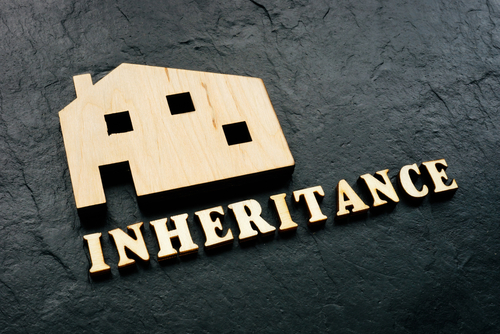If you are the executor or a beneficiary of an estate, you may benefit from reading our list of New Jersey Inheritance FAQs. New Jersey’s inheritance tax law has been in effect since 1892 and is currently based on how each beneficiary is related to the decedent, and how much they will receive after the decedent passes away.
When we lose a loved one, their remaining assets must be entailed to someone. The person who has died is referred to as “the decedent,” while the person who will receive any portion of the estate is called “the beneficiary.” Upon transfer, the State of New Jersey may be entitled to collect tax.
Some of our most common inheritance FAQs include:
Q: Does it matter whether or not the decedent lived in New Jersey?
A: It does. Inheritance Tax for decedents who were New Jersey residents is calculated differently from Inheritance Tax for non-residents. The details will depend on where the decedent held residency prior to their death.
Q: Does my relationship to the decedent affect how much I will pay in taxes?
A: Definitely.
Class A beneficiaries include surviving spouses, children, grandchildren, and parents. Class A beneficiaries do not pay inheritance tax.
Class C beneficiaries include brothers, sisters, and children-in-law. Class C beneficiaries are subject to tax but are provided with exemptions that must be calculated before taxes are due.
Class D beneficiaries include aunts, uncles, nieces, nephews, friends, and anyone who is not related to the decedent. Class D beneficiaries are subject to Inheritance Tax.
Class E beneficiaries are charitable institutions, all of whom are exempt from Inheritance Tax.
Q: How much of my inheritance will be tax-free?
A: It depends. First, we need to know whether you are a Class A, C, or D beneficiary. If you are Class C or D, you are subject to inheritance tax, but the amount you’ll pay depends on the amount you’ve been left, and the form it takes (bonds and stocks, real estate holdings, vehicles, or cash).
If you are a class C or D beneficiary, please speak with us directly for advice pertinent to your situation.
Q: What Inheritance Tax exemptions can be applied to me?
A: This varies from person to person. Class C beneficiaries are granted tax exemptions, so it’s important that we examine your relevant financial factors before we give you a definitive answer.
Q: Will I pay taxes if I sell portions of my inheritance?
A: Yes. If you sell your inherited home shortly after you receive it, the capital gains tax calculation will be used to determine the taxes owed.
The following are three additional questions we’re often asked:
- Is there a way to avoid inheritance tax?
- If the inheritance is from a non-US resident, what are the US tax effects?
- If I am a non-US resident, what filings do I need to handle for my US relative?
If these, or any other questions, are on your mind regarding Inheritance Tax law, we encourage you to reach out to us directly. We can learn more about your unique circumstances, and offer you advice that applies to you.
Being the executor of an estate can be quite challenging, and managing an inheritance often introduces unforeseen complications. Just remember, you’re not alone. We’re here for you, whether you need advice on financial planning, Inheritance Taxes, Estate Taxes, or how your inheritance will influence your retirement projections.


